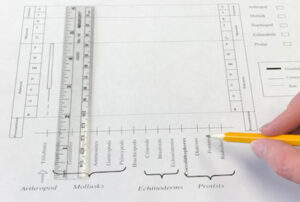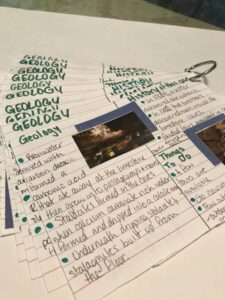Worksheets are vital instructional materials educators use in teaching Science. They serve as supplements to books and add further information on the subject. Well-designed worksheets also draw interests from children, allowing them to learn in a more fun way.
Science Worksheets for Students
The complicated nature of Science usually repels students from it. Lectures can quickly get unengaging under a complex topic. For example, understanding natural and scientific laws necessitate more than just listening- it requires attention. Textbooks are often less fascinating. Issues like those compound the problem.
Science worksheets are useful aids in stimulating interest from students. They often pose problems in a much more convenient way to help in the learners’ comprehension. Younger children find colorful illustrations enticing. Worksheets also offer adult students a better grasp of scientific information.
Science Worksheets for Teachers
While worksheets benefit students more, they also assist instructors. These tools help in promoting interest in the subject, thus attracting learners. Teachers also find discussions easier with engaged participants. An active learning environment allows for the better attainment of skills and knowledge.
Worksheets help manage not just information but also activities such as laboratory work and field trips. They can organize the activities, keep students’ attention on assigned topics, and shape follow-up work.
Most of all, worksheets act as evaluation tools for educators to assess the learning of their students. Teachers can analyze which topics are manageable for each student, and those who need improvement.
Effectiveness as A Tool
Worksheets have been used for a long time now. In Science, they have become more popular among educators. But are they efficient?
The answer is a resounding yes. Studies have shown that the use of Science worksheets catalyzed education in many countries. Useful worksheets influence studying successfully. Educational institutions take advantage of them to further academic accomplishments. They help students and teachers alike in achieving a healthier and more active scientific learning environment.

